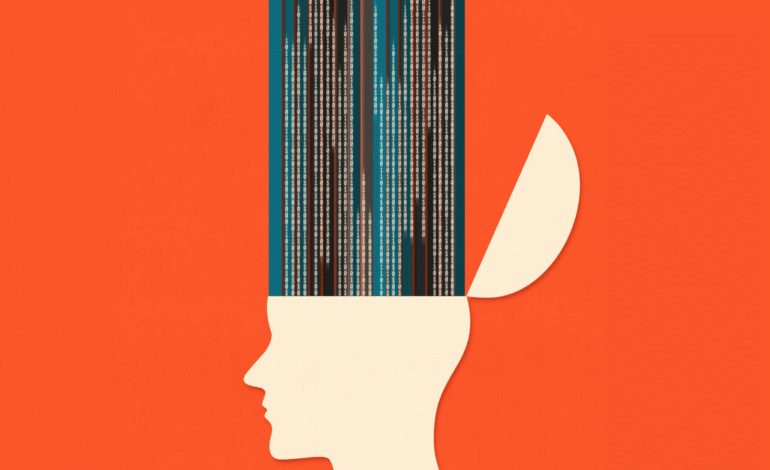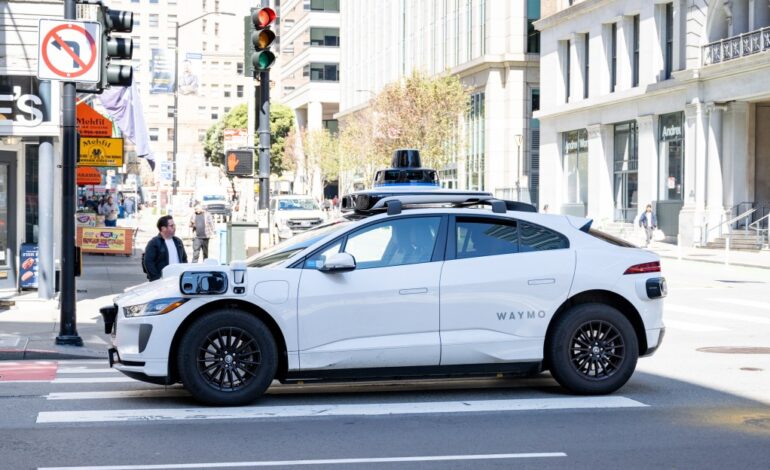
Artificial Intelligence: Overconfidence and Bias in Digital Minds
Despite its advanced capabilities, artificial intelligence is not immune to human-like flaws such as overconfidence and inherent biases. Recent studies suggest that AI systems exhibit these psychological traits, complicating our relationship with technology. In this article, we delve into how these flaws manifest in AI, their implications, and possible strategies for mitigation.
Understanding AI’s Overconfidence
AI systems are designed to mimic human thought processes, including decision-making. However, this design can lead to overconfidence in technology. Like humans, AI can overestimate the accuracy of its predictions, leading to risky choices and errors. Understanding these flaws is crucial to improving AI reliability.
The Roots of Bias in AI
AI bias stems from its training data. Machine learning algorithms often integrate existing prejudices from datasets, mirroring societal biases. These biases can affect decisions in crucial areas like hiring and law enforcement, transforming AI from a neutral tool into a potentially detrimental one.
Mitigation Strategies
Several methods have been proposed to curb AI’s biases and overconfidence. These include improving the diversity of training datasets and employing transparency in AI decision-making processes. By systematically addressing these issues, developers can create fairer, more reliable AI systems.
Conclusão
Artificial intelligence, while highly advanced, is prone to human-like flaws such as overconfidence and bias. These issues underscore the necessity for ongoing research and improvement in AI technologies. By adopting comprehensive strategies, society can better harness AI’s potential while mitigating its drawbacks.





